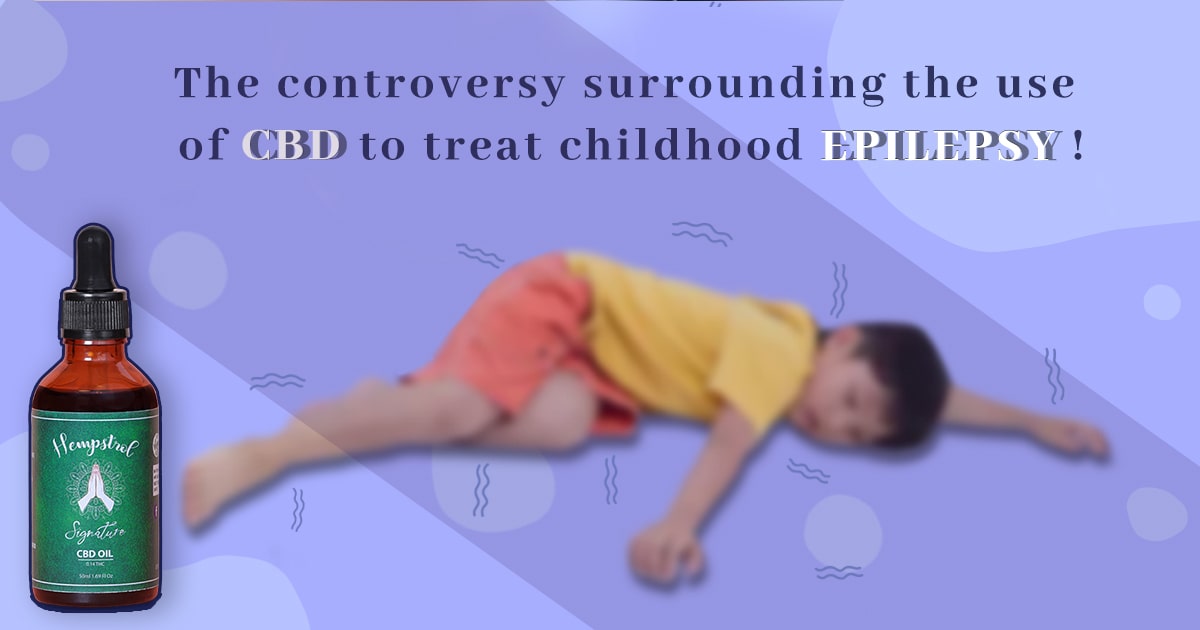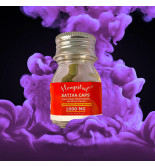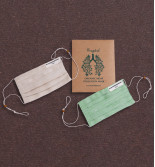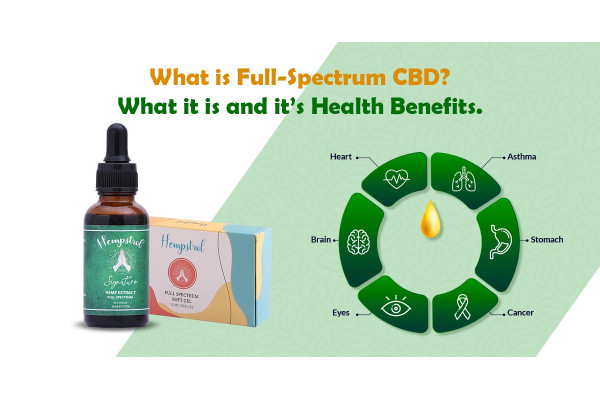Medical Cannabis for Children: What Parents Need to Know about CBD oil for Epilepsy
Cannabidiol (CBD) can be used to treat epilepsy in children, according to new research from Aston University. CBD, a non-psychoactive component of cannabis, was discovered to reduce epileptic seizures in children with treatment-resistant types of the disorder by the researchers. CBD has the ability to suppress seizure-inducing signals in the brain. CBD or cannabis products were discovered to be able to suppress signals emitted by lysophosphatidylinositol (LPI) molecules. They believe LPI increases neuron function in the brain, causing epileptic seizures. The research expands on prior findings that CBD can prevent LPI from increasing neuronal signals in the hippocampus.
However, the researchers contend that LPI molecules can also decrease brain impulses intended to prevent seizures. They recorded electrical signals in the brains of epileptic rodents, some of which were treated with cannabis products, using a prominent model of epilepsy created by Professor Gavin Woodhall. This enabled the researchers to pinpoint the particular molecular pathways inhibited by CBD and gain a better understanding of how it might be used to treat epilepsy in children.
These new insights into epilepsy and the mechanism by which CBD works to stop seizures are the result of years of collaboration between neuroscientists in the United Kingdom and the United States, as well as our industry partner, GW Pharma.

The Controversy surrounding the use of CBD Oil to treat childhood Epilepsy
There is an ongoing debate in many parts of the world over using CBD as a therapy option for epilepsy in children, as well as in general healthcare. Due to a lack of confirming clinical trial data as a reliable source of evidence, many of us are hesitant to prescribe CBD to children with epilepsy. Furthermore, some UK researchers have suggested that whole-plant medicinal cannabis products are preferable to CBD products in treating childhood epilepsy. According to a publication published by Imperial College London (ICL) researchers, the frequency of epileptic seizures decreased by an average of 86% in a trial of ten children treated with whole-plant medicinal cannabis. In addition, no children in the ICL study reacted to CBD-based therapy, according to the researchers.
.jpg)
How can CBD aid in the treatment of Epilepsy?
The use of CBD oil for epilepsy management became popular in 2018 after the FDA authorized Epidiolex, a CBD-based oral solution, for the treatment of seizures in Lennox-Gastaut syndrome and Dravet syndrome. CBD oil is now commonly utilized as a natural therapy for a variety of health concerns, including epilepsy and seizure disorders.
CBD is a chemical component found naturally in the cannabis plant. It is non-intoxicating and has numerous health benefits for the human body.
According to research, CBD oil can help prevent seizures by activating CB1 receptors, which are largely present in the central nervous system. Despite the fact that researchers do not know the exact mechanism by which CBD impacts seizures, studies show that CBD can help preserve brain cells from damage or over-excitation.
Some research suggests that CBD can improve the efficacy of antiepileptic medications.
The most current study, published in the journal Epilepsy and Behaviour in July 2021, demonstrates the efficacy of CBD in the treatment of epilepsy. Within a large observational cohort of adults with epilepsy, the study compared the use of artisanal CBD to quality of life, mental health, and epilepsy-specific outcomes.
The study found that artisanal CBD users had a higher quality of life, less severe psychiatric symptoms, and better sleep.
CBD not only reduces the frequency of epileptic seizures in patients, but it also helps with the resulting psychological issues such as anxiety, melancholy, and insomnia.
Conclusion
Taking medical cannabis India for epilepsy has turned out to be beneficial for parents who have been given CBD oil to try. To get the guide on how to get started with CBD, it is best you take a consultation with the Hempstrol team who will guide you regarding the dosage you should be taking and extra precautionary doses.
















-600x450.jpg)





